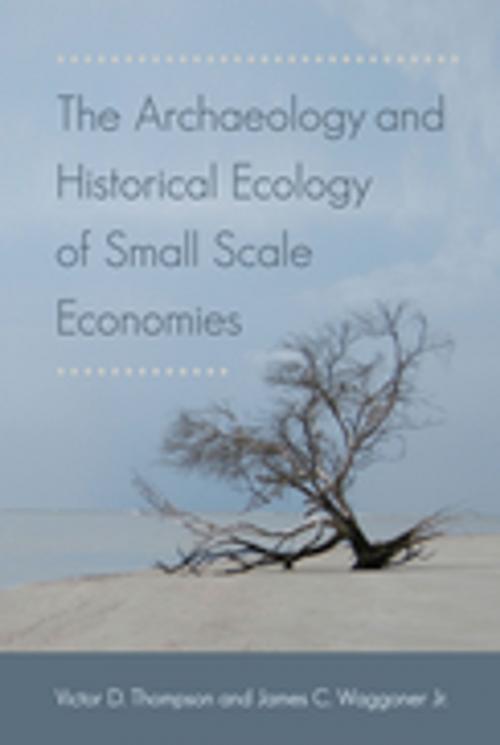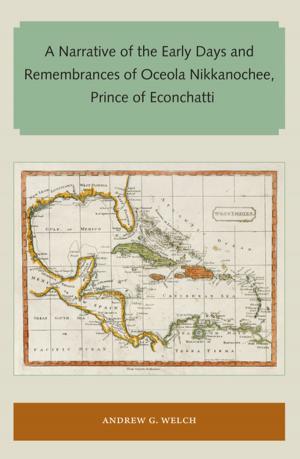The Archaeology and Historical Ecology of Small Scale Economies
Nonfiction, Social & Cultural Studies, Social Science, Archaeology, Anthropology| Author: | ISBN: | 9780813063911 | |
| Publisher: | University Press of Florida | Publication: | March 1, 2019 |
| Imprint: | University Press of Florida | Language: | English |
| Author: | |
| ISBN: | 9780813063911 |
| Publisher: | University Press of Florida |
| Publication: | March 1, 2019 |
| Imprint: | University Press of Florida |
| Language: | English |
Most research into humans' impact on the environment has focused on large-scale societies; a corollary assumption has been that small scale economies are sustainable and in harmony with nature. The contributors to this volume challenge this notion, revealing how such communities shaped their environment—and not always in a positive way. Offering case studies from around the world—from Brazil to Japan, Denmark to the Rocky Mountains—the chapters empirically demonstrate the substantial transformations of the surrounding landscape made by hunter-gatherer and limited horticultural societies. Summarizing previous research as well as presenting new data, this book shows that the environmental impact and legacy of societies are not always proportional their size. Understanding that our species leaves a footprint wherever it has been leads to both a better understanding of our prehistoric past and to deeper implications for our future relationship to the world around us.
Most research into humans' impact on the environment has focused on large-scale societies; a corollary assumption has been that small scale economies are sustainable and in harmony with nature. The contributors to this volume challenge this notion, revealing how such communities shaped their environment—and not always in a positive way. Offering case studies from around the world—from Brazil to Japan, Denmark to the Rocky Mountains—the chapters empirically demonstrate the substantial transformations of the surrounding landscape made by hunter-gatherer and limited horticultural societies. Summarizing previous research as well as presenting new data, this book shows that the environmental impact and legacy of societies are not always proportional their size. Understanding that our species leaves a footprint wherever it has been leads to both a better understanding of our prehistoric past and to deeper implications for our future relationship to the world around us.















